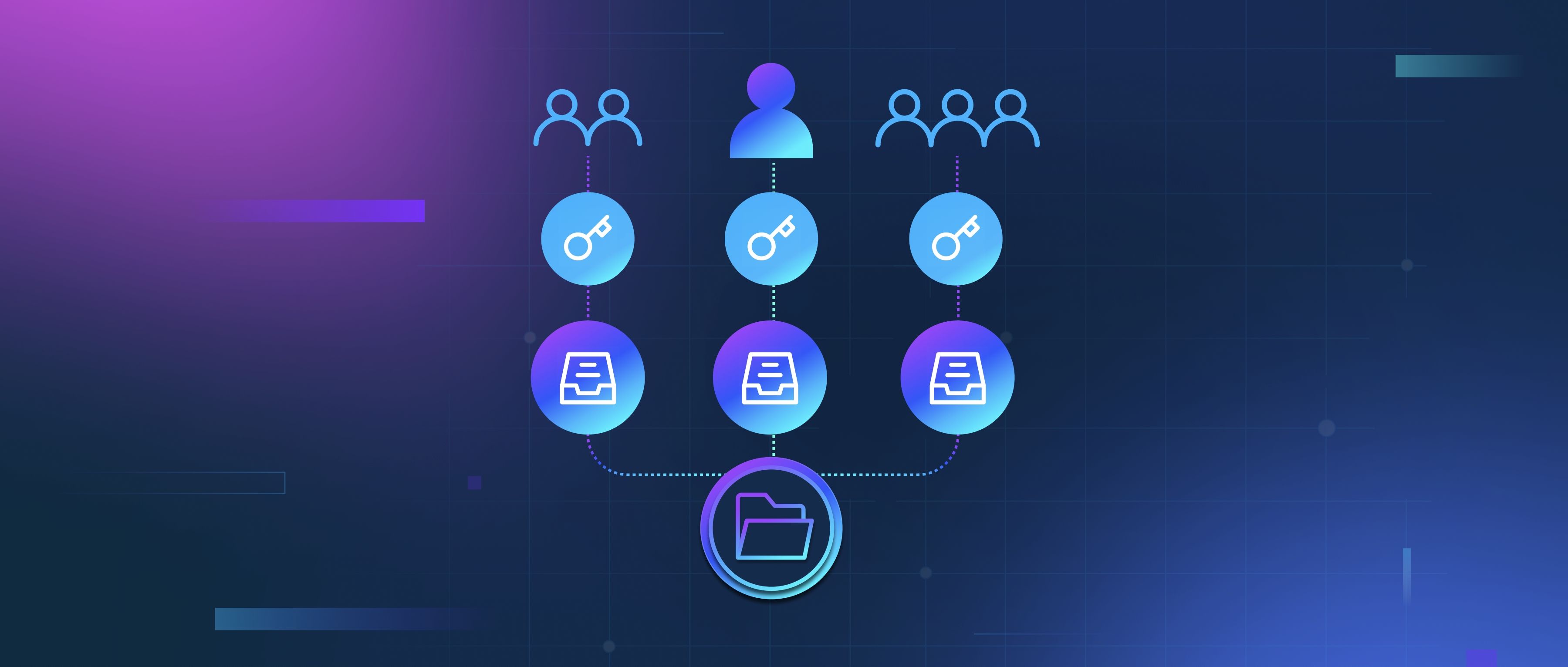A wide variety of tools are available for working with LLMs, catering to different stages of development, deployment, and integration. Frameworks like PyTorch and TensorFlow are popular for training and fine-tuning LLMs. They provide robust libraries and APIs for implementing advanced neural network architectures, including transformers.
For pre-trained models, libraries like Hugging Face Transformers offer easy access to many LLMs, such as GPT, BERT, and T5. These libraries simplify tasks like loading models, fine-tuning, and generating predictions, making them accessible even to developers with limited experience in AI. OpenAI and other providers also offer APIs that allow developers to use LLMs without needing to handle training or infrastructure directly.
Tools like LangChain enable developers to build complex applications by chaining LLM responses with other functions, such as databases or APIs. Additionally, platforms like Weights & Biases and MLflow assist in experiment tracking and model performance monitoring. These tools, combined with deployment solutions like Docker, Kubernetes, and cloud services, form a comprehensive ecosystem for leveraging LLMs effectively in various use cases.
